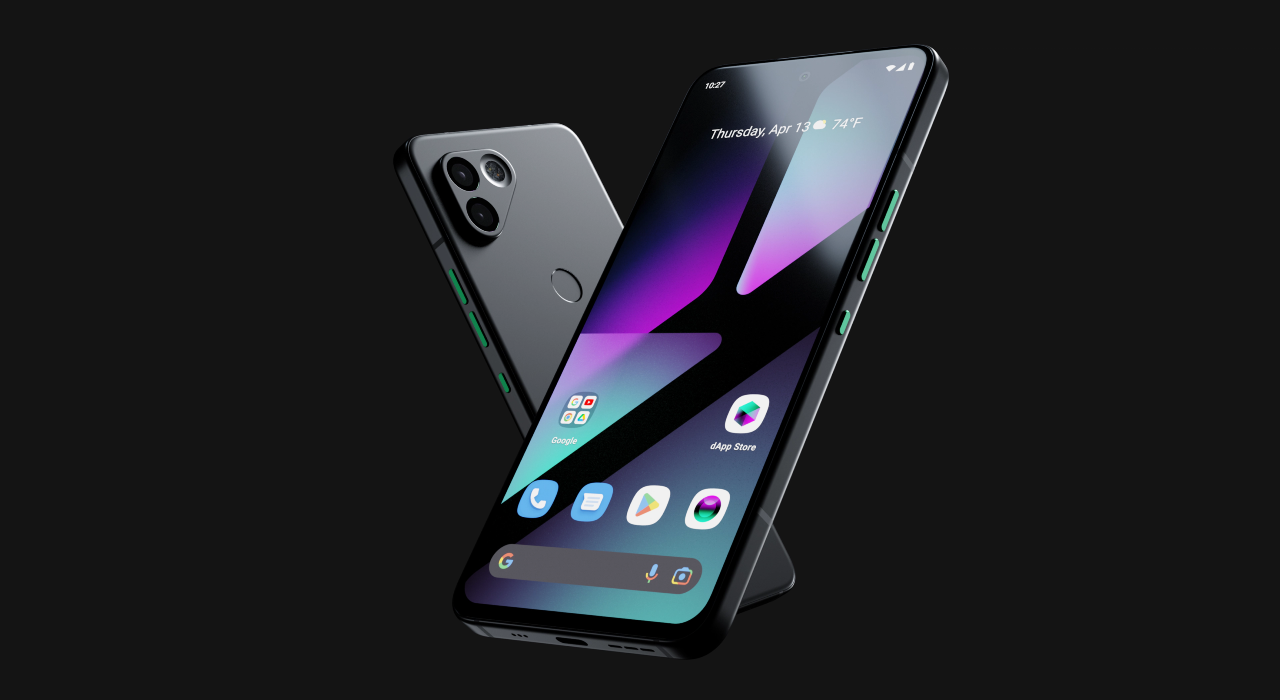Solana took over a year to sell out of its first cryptocurrency phone, which had 20,000 units.However, in less than a month, the second phone had reached 100,000 pre-orders.Monday marked the crossing of a significant milestone for Solana Mobile’s “chapter 2″ smartphone; the company had earlier established the 100,000 preorder milestone as a prerequisite to building a second handset.The company intends to move forward and perhaps deliver units to customers in early 2025 with a $45 million warchest.
According to Solana co-founder Anatoly Yakovenko, “there’s a minimum cost to get a new line going,” in an interview with CoinDesk.The economics for selling an inexpensive second device are more plausible than the “brutal” numbers that supported Solana’s experimental first phone, which originally retailed for $1,000, he claimed, with at least 100,000 subscribers for chapter 2 having already paid $450.
This significant achievement for Solana Mobile, the only cryptocurrency-enabled phone provider to date with a paying clientele that keeps coming back, assures the company’s future.Its future was uncertain as recently as the previous year.However, when cryptocurrency traders saw that every phone included free tokens, the Saga saw a selling run.Similar to the first phone, the second will also have unique features built in to allow purchasing, selling, storing, and utilizing cryptocurrencies, particularly those on the Solana blockchain, as part of its normal operations.
“It’s really tough to beat Apple and Google on camera and the other” tech specs their leading smartphones boast, Yakovenko said. “That’s why we really care about the crypto-specific features. We are trying to build something that you can’t get on another device.”
It’s unclear at this point if the preorder buyers are primarily motivated by the chance to obtain Solana’s second free money machine or by the prospect of owning a smartphone with cryptocurrency capabilities.
However, with 100,000 devices now in production, Solana Mobile is getting closer to what Yakovenko referred to as a critical mass of customers required to entice app developers to create games for Solana’s rival environment (which he sees as essential to finding mainstream success).Yakovenko claimed that Apple and Google charge its app store merchants between 20% and 30%, but its app shop does not charge that amount.
“It’s easier to disrupt the app stores than Visa and Mastercard,” he said.

